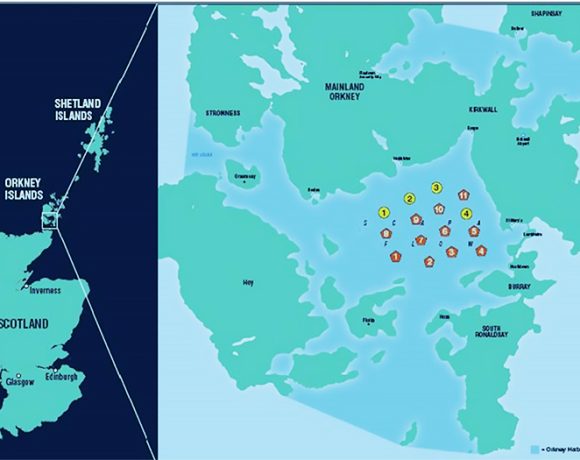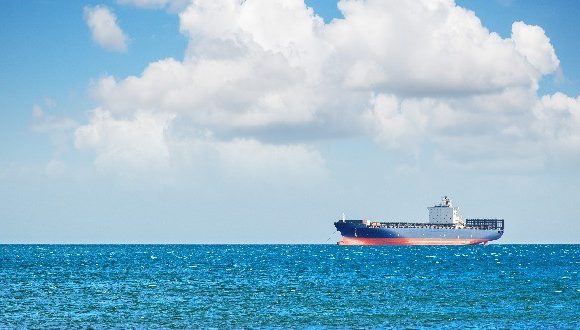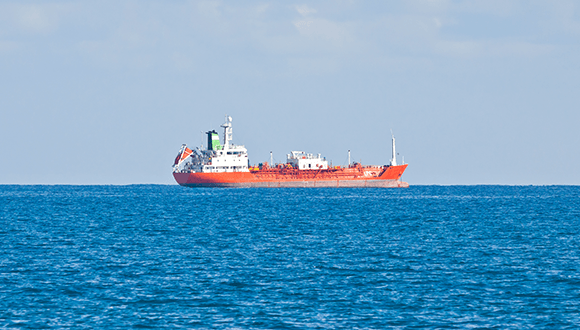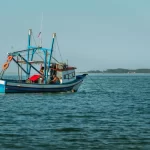Joining the dots between sustainable maritime logistics and planetary boundaries – UNOC side event

Tuesday 28 June 2022
Organized by the Governments of Finland and Sweden, Seas at Risk, Ocean Care, Clean Shipping Coalition, Clean Arctic Alliance together with the Technical Research Center of Finland (VTT) and Research Institutes of Sweden (RISE)
Concluding remarks by Mr Kitack Lim, Secretary-General, IMO
Your Royal Highness, Excellencies, distinguished delegates, ladies and gentlemen,
Allow me first of all to thank the organizers for this very timely event.
You have heard about concrete solutions towards carbon neutral maritime transport. You have also discussed the gaps in current national maritime transport policies.
This discussion is hugely important in the context of this conference.
Shipping is a prime user of the oceans and it is invaluable to global trade and economic growth, as made abundantly clear during the pandemic. Shipping carries over 80 per cent of world trade, providing the most cost-effective, efficient and clean way of carrying cargo.
But the whole industry is voyaging through substantial changes and we, at IMO, work tirelessly to ensure that these changes and challenges are supported by a constantly enhanced and strengthened regulatory framework.
Our efforts are currently focused on shipping’s contribution to the global mission to combat climate change and to move towards a digital future. IMO adopted the first mandatory global measures to improve ships’ energy efficiency more than a decade ago, in 2011, which have been strengthened constantly.
In 2018, IMO adopted an initial strategy with a clear vision to phase out GHG emissions from international shipping as soon as possible in this century and by at least 50% by 2050. A revised, strengthened strategy is being developed now and is set to be adopted in 2023.
As we revise this strategy, we must take on board that the impacts of climate change disproportionately affect developing countries, in particular SIDS and LDCs. It is therefore the duty of IMO and all its Member States to make sure that its policies and measures do not deepen the existing divide between developed and developing countries.
In line with the objectives of the 2015 Paris Agreement, the Glasgow Climate Pact adopted during COP 26 and the forecasts in the most recent IPCC climate reports, we must act now to accelerate action to set the path for shipping’s decarbonization.
IMO Member States have initiated discussions on a maximum carbon-content for marine fuels alongside market-based measures, such as a GHG levy, ETS, feebates or an incentive scheme to encourage development of zero emission vessels.
These measures are designed to incentivize technology development, innovation and R&D into low- and zero-carbon fuels and to facilitate a smooth transition towards their use, ensuring no one is left behind in a “just and equitable transition” approach.
The transition of the shipping industry is a huge challenge. But it brings with it opportunities. The transition can enable the sector to reconnect with young generations in all regions of the world, many of whose future careers will feature renewable energy generation and energy efficiency technology.
For many developing countries there will be opportunities in exploring new ways to accelerate renewable fuel production that can also serve to accelerate their transition to low-carbon economies.
There are many challenges to overcome if we are to sustain the momentum of decarbonization in shipping – but we should grasp the opportunities for us all to work together for a greener future. We need everyone involved to be proactive in sharing their knowledge and experiences – as the panelists have done today.
I am very impressed and excited by the many initiatives at different levels, led by different entities, targeting different segments of the shipping ecosystem, trying to find ways to reduce GHG emissions from ships.
Ladies and gentlemen,
A greener, resilient maritime industry is not only an opportunity for a sector that binds us all together – it is a necessity for sustainable development and to ensure we meet our global ambitions and goals to secure the needs of future generations.
In this scaling up of our efforts, R&D collaboration, information sharing, and capacity-building will be key to ensure no one is left behind in the push for the decarbonization of the shipping sector and that the dots between sustainable maritime logistics and planetary boundaries are indeed joined up.
Thank you!















